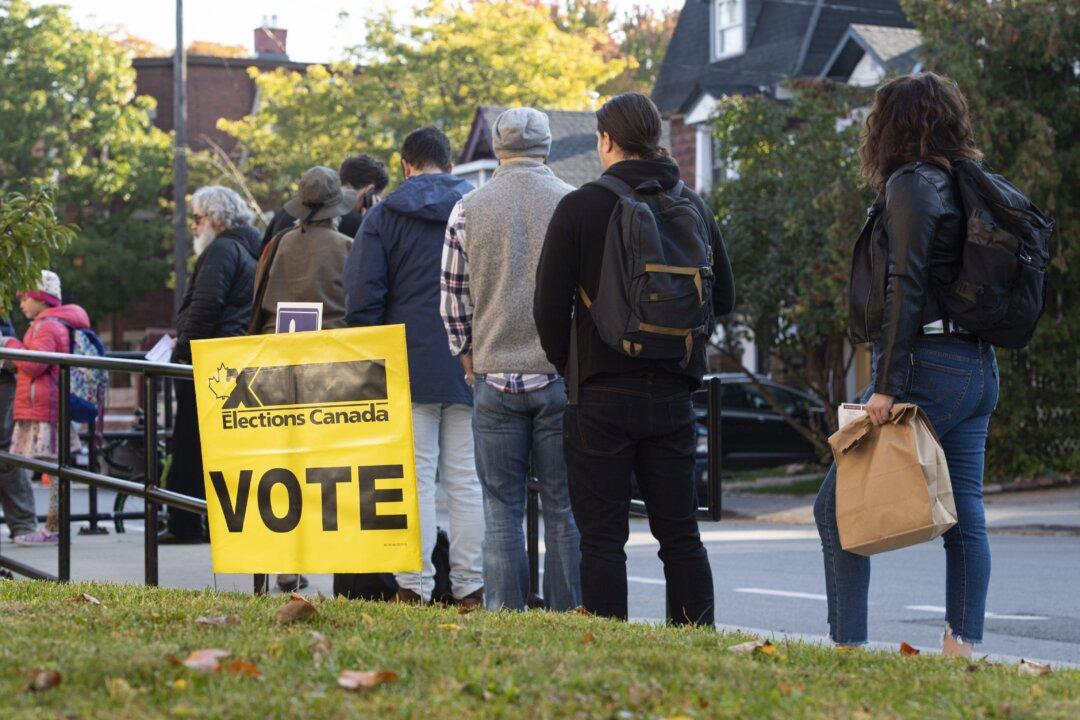Commentary
While crime and justice issues are always prominent in the news, they are rarely front and centre during election campaigns. Justice is a nuanced issue that provides a myriad of problems with few simple solutions.

While crime and justice issues are always prominent in the news, they are rarely front and centre during election campaigns. Justice is a nuanced issue that provides a myriad of problems with few simple solutions.